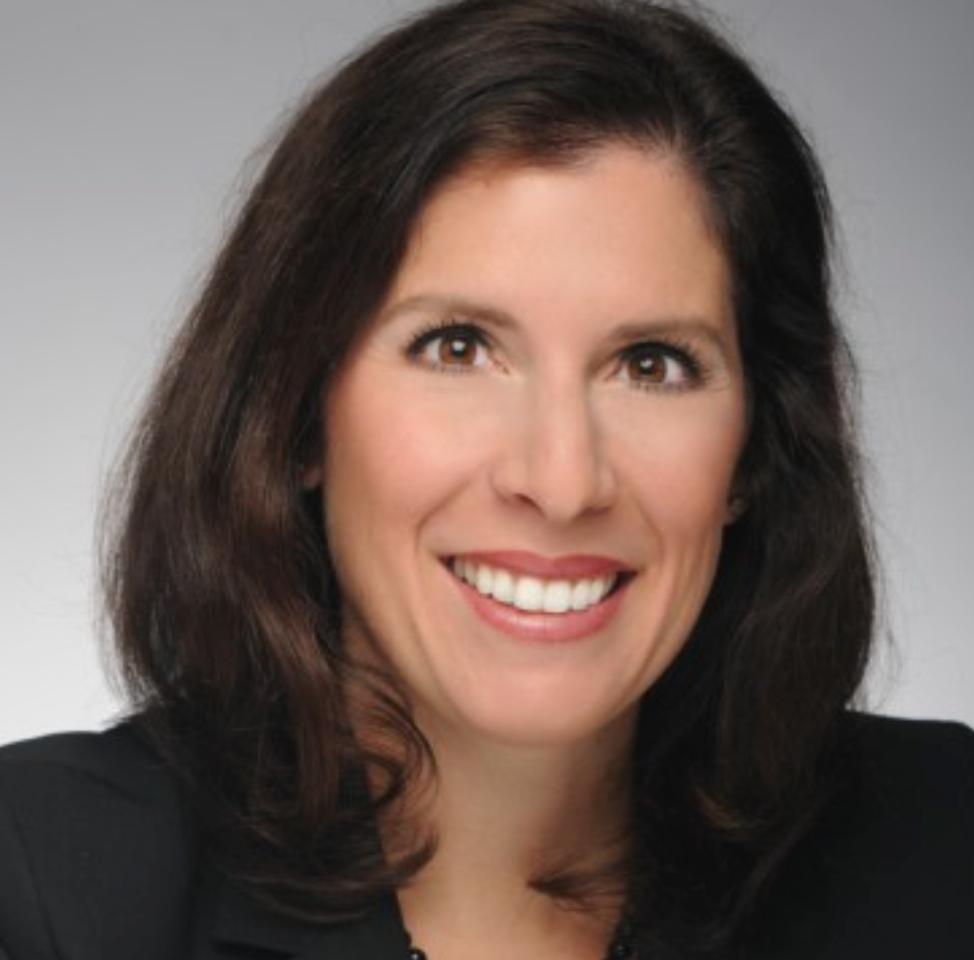Traditional Marketing For Lawyers: 6 Strategies
Here’s the deal:
As a digital marketing agency, we have a modern, forward-thinking approach to lawyer marketing.
We’re here to help bring your law firm to the digital world—be it through law firm SEO, PPC, web design, or content publishing.
But that doesn’t mean we’re dismissing the merits and value of traditional marketing.
According to the 2023 marketing outlook for law firms by CallRail, traditional marketing tactics like TV ads, billboards, and legal associations are still among the top marketing channels for law firms.
Here are some interesting facts:
- 28% use TV advertising
- 24% use referral marketing through associations
- 23% use billboard advertising
- 21% use print advertising
- 18% use radio advertising
To get to the bottom of what really gets legal leads, we asked 13 lawyers and law firm owners how they pursue traditional marketing. Here’s six tactics they recommend:

1. Win High-Quality Leads with Referral Marketing
Referral marketing or “word-of-mouth” marketing has been the lifeblood of countless law firms globally.
Criminal defense attorney Adam Jackson, owner of Inland Empire Criminal Defense, gets that vast majority of his firm’s leads from referrals.

About 70% of my clients come from referrals. To get referrals, I focus on providing high-quality legal advice and establishing rapport with clients during their cases. Once a case is over, I follow up to make sure they’re satisfied with the outcome and my services. If they are happy with my work, most are willing to refer friends and family in need of legal help.

Adam is just one of the many lawyers who get a consistent stream of referral leads from past clients, personal connections, and professional networks.
Highly successful lawyers who are committed to getting great results for clients, in particular, passively benefit from word-of-mouth referrals.
Rock Rocheleau, managing attorney at Right Lawyers, states that great service alongside positive client relationships allow their firm to naturally secure referrals over time.

Satisfied clients often refer friends, family, and colleagues to our firm. To encourage this, we make it a point to provide exceptional service, maintain strong client relationships, and follow up with clients to ensure they are happy with the outcome of their cases.

Aside from providing an exceptional client experience, Carl Barkemeyer of Barkemeyer Law Firm bolsters their referral marketing results through lawyer networking.
By forging relationships with lawyers in other practice areas, Barkemeyer and his referral partners benefit from each other’s influence and reach to acquire high-quality leads.

I’ve found that when you truly care about your clients and go the extra mile, they become your biggest marketing material.
We’ve built a robust referral network not just with clients, but also with other attorneys in different practice areas. It’s a win-win situation. We help each other out, and it’s a great way to expand your reach without breaking the bank.

If you’re still in the early stages of building your legal network, don’t be afraid to explore unique solutions beyond local community engagement.
Mark Hirsch of Templer & Hirsch, for example, started The Prime Time Business Network–an exclusive professional group dedicated to helping busienss owners expand their referral sphere.

Networking is still very important. We can meet potential clients and get referrals by joining local business groups and attending conferences in our field. The Prime Time Business Network I started has worked incredibly well. By creating a platform where professionals can share referrals and advice, we’ve seen a significant increase in client inquiries.

2. Expand Your Reach Through Networking & Local Events
Speaking of lawyer networking, a great deal of lawyers rely on local community events and business mixers to build lucrative connections.
Steven Rodemer, owner and attorney at The Law Office of Rodemer & Kane, puts a lot of time into business councils and community events to generate criminal defense leads. Alternatively, the firm invests money into local community projects and event sponsorships to raise brand awareness.

I make it a point to be active in community events, join local business councils, and participate in professional groups. This involvement not only boosts our firm’s profile but also solidifies our reputation as committed community players, which really helps build trust and credibility. I know that sponsoring local events and contributing to community projects are also powerful ways to keep us visible and show our commitment to the area we serve.

Jonathan Melmed of Melmed Law Group is another lawyer who attends local events to connect directly with leads and potential referral partners.

We rely heavily on networking events and conferences, where we can directly connect with potential clients and industry professionals. Speaking engagements at legal seminars and community events have also helped us establish authority and build trust within the community. We have developed a strong referral program, encouraging satisfied clients and professional contacts to refer new clients to us.

3. Build Trust by Hosting Seminars
Lawyers typically use seminars to connect with potential clients and earn their trust.
The key is to speak about relevant topics tied to your audience’s needs and pain points.
According to Alex Freeburg, seminars are a great way to build rapport and create more genuine relationships with the community.

We’ll often hold seminars on the common challenges our people are facing regarding personal injuries and accidents. It’s a much more hands-on and genuine way to build important relationships. And, they’re a lot more likely to think of us the next time they need legal help or support. In tandem with this, we rely on old-school methods like referrals and print ads.

To make the most out of seminars, attorney Blake Harris of Blake Harris Law does live streams to simplify the planning process, reduce costs, and ultimately reach more viewers.

Speaking engagements and seminars establish me as an authority in asset protection and offshore planning. These events allow me to demonstrate expertise, engage with potential clients, and build trust. Hosting a live stream on offshore trusts recently led to a 30% rise in consultation requests.

Other seasoned lawyers like Mark Sadaka, founder of Sadaka Law, also host seminars to prove his expertise and win the community’s trust.

As the founder of Sadaka Law, traditional marketing has been crucial for us. One effective strategy has been hosting community seminars and local events. These not only showcase our expertise but also build trust within our community.

Mark also doubles down by sending direct mail to a hyper-targed audience, particularly those seeking legal help related to injuries from dangerous products, corporations, and personal accidents.
“We also send direct mail to targeted groups, like those needing personal injury help. Our messages are clear and encourage action,” says Mark.This brings us to the next strategy.
4. Raise Awareness with Offline and Print Media
Apart from direct mail, most established law firms have a plethora of offline media in their marketing arsenal.
Your strategy should depend on the types of offline marketing materials and channels that perform well in your location.
For instance, attorney Joshua Frachtman from Zimmerman & Frachtman takes advantage of trusted, local news publications and radio stations to boost their firm’s image.

One key strategy our firm employs for traditional advertising involves actively engaging with local media through news and radio appearances. This marketing approach has significantly boosted our firm’s visibility in the community and positioned us as a reliable resource for personal injury needs.

Rick Hovde, founding partner at Hovde Dassow + Deets, relies on a more diverse set of offline and print media to win more business.

Print advertising remains a valuable form of traditional marketing for my firm. We strategically place ads in local newspapers, legal magazines, and community newsletters to reach a broad audience. Our direct-mail campaigns, featuring informative brochures and newsletters, effectively engage potential clients and keep current clients informed about our services and successes.

5. Attract and Vet Clients Through Free Consultations
While most of the marketing strategies listed above are great for generating leads, offering free consultations is a proven-and-tested tactic for converting and qualifying them.
Michael E. Farah of The Farah Law Firm, P.C. offers free consultations not just to increase engagement and conversions, but also to promote client loyalty.

If it’s workable for you, providing free consultations to potential clients can be a game-changer. This not only encourages people to reach out to you but also helps in establishing a personal connection, which is crucial in converting them into paying clients. This method also assists in qualifying the lead, as they’ll provide a brief overview of their situation when they set up the consultation.

The best thing about free consultations is, your prospects are likely to remember you and refer your firm to their own connections–as long as you genuinely put their needs first.
“Even if they don’t end up being a perfect fit, they’ll remember the positive, personalized interaction they had with you, increasing the chances that they’ll refer you to others who might need your services,” says Michael.
6. Monitor Your Results
Whether you like it or not, you need trial and error to analyze and optimize the marketing campaigns that successfully bring leads.
Remember, you can’t improve what you don’t measure. And according to Mia Mancinelli Cloud, founder of Cloud Law Firm, you should start by defining your Key Performance Indicators (KPIs).

When evaluating the effectiveness of offline marketing strategies, many firms track key performance indicators (KPIs) such as the number of new client inquiries, consultation requests, and actual client conversions resulting from each marketing initiative. Cost per lead and return on investment (ROI) are crucial metrics used to assess the financial viability of different strategies.

Some of the usual metrics they track are:
- Number of consultation requests
- Cost Per Lead
- Return On Investment
Final Words
As cost-effective and profitable most of these tactics are, they do come with a few downsides.
For example, traditional print media can definitely help you gain more leads from the local community. The main problems is, it’s difficult to track their performance or set well-defined targeting parameters for offline media like TV, radio, or print ads.
That’s why you have lawyers like Adam Jackson, who said: “I’ve moved away from traditional advertising because the results were difficult to measure and the return on investment was low.”
He continues, “Online strategies like search engine optimization, pay-per-click ads, and social media target potential clients based on their needs and interests and have become more effective ways for my firm to reach new clients.”
If you’re on a similar boat, considering online marketing, please contact us to book a marketing audit. We’ll discuss how to create a sound digital marketing strategy to skyrocket your law firm’s profitability.
Table of Contents
Related Articles
Dominate Your Market with Digital Marketing Services That Deliver
Talk to a certified professional today, and we will design a strategy specific to your case.







